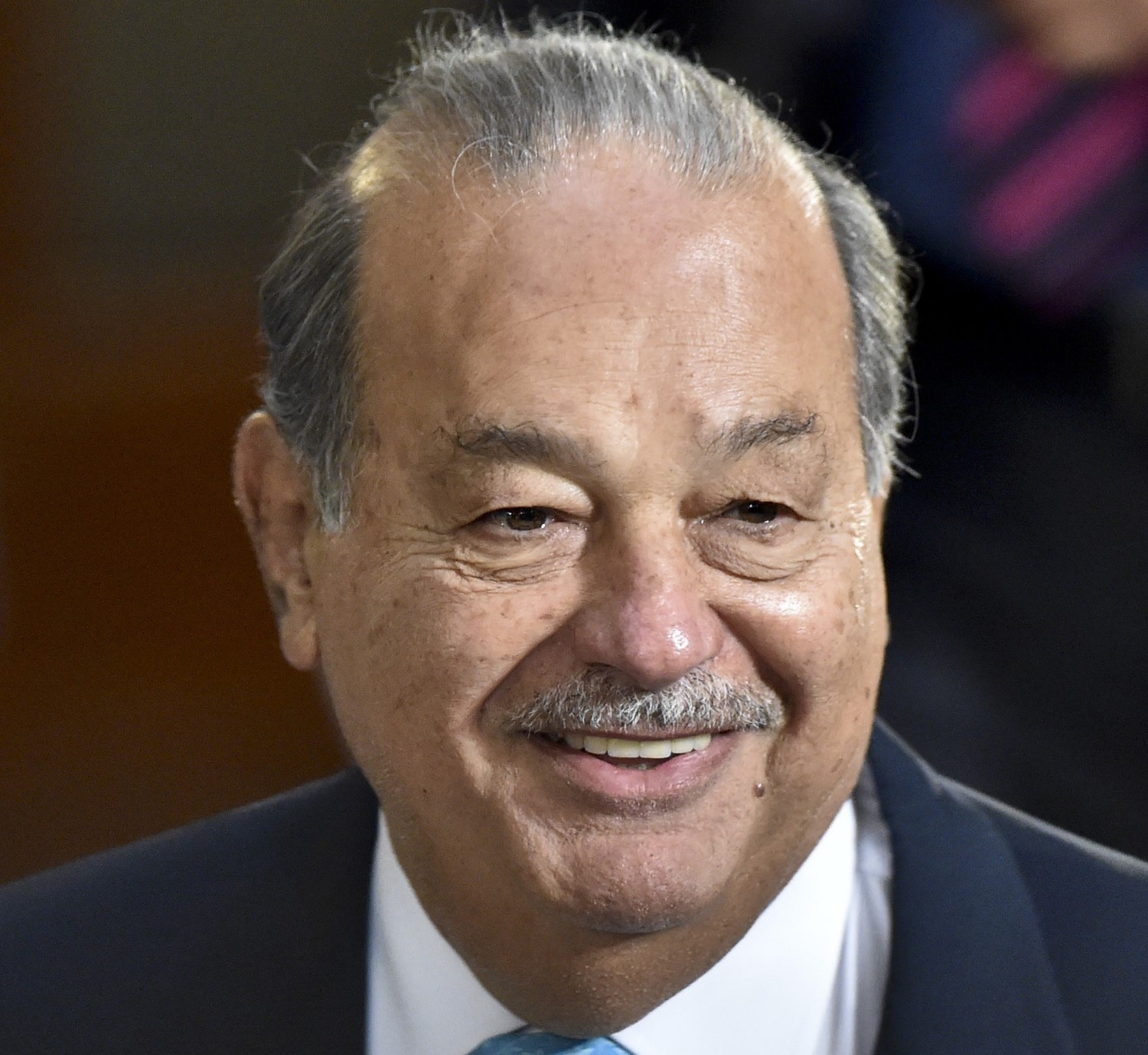Billionaire Carlos Slim Is Building Mexican-Made Electric Cars
 |
| Carlos Slim |
Carlos Slim, a Mexican magnate worth more than $50 billion, wants to prove that the Mexican auto industry can be as innovative as its northern neighbor. Slim recently announced a new collaboration with Grupo Bimbo — the world's largest bread company — to design and build a 100-percent Mexican electric vehicle.
Alejandro Salas, a senior automotive industry analyst for Mexico Business Publishing, says that Slim's electric car is the product of a Mexican auto industry that's benefited from years of foreign investment. After decades building cars for GM, Toyota and Volkswagen, Mexico now has the homegrown engineering talent and skilled labor to stand on its own.
"Part of [Slim's announcement] is to show the Mexican audience that we can participate in the automotive industry as creators and not just manufacturers," Salas told Seeker, adding that Slim's decision to focus on electric vehicles "shows a level of innovation that, internationally, Mexico isn't known for. It gives the new project a little edge."
When Slim's new electric cars roll out of the factory in 2018, they will be the first Mexican-made cars sold exclusively for the domestic market. This comes at a time when the Trump administration has floated the idea of a 20-percent tariff on all goods imported from Mexico. Salas says that almost 80 percent of all Mexican-made vehicles are currently exported to the United States.
Slim was a vocal critic of Trump during the presidential campaign. Forbes reported that Trump once accused the Mexican billionaire of pressuring The New York Times to skew its coverage toward Hillary Clinton, since Slim is a shareholder in the paper. Soon after the election, however, the two power brokers appeared to mend fences over a meal at Trump's Mar-a-Lago resort in Florida.
Salas wouldn't speculate whether Slim's decision to build a 100-percent Mexican vehicle is a retort to Trump's tariff threat, but said that "it helps in the eyes of the Mexican public to realize that there's investment coming from both outside and within the market."
The new electric car isn't Slim's first foray into electric vehicles. Slim and Bimbo, the global bread company that also owns Wonder, have already collaborated on an electric delivery truck. The electric bread trucks were designed and built by two of Slim's Mexican companies, Giant Motors and Moldex, and will soon be sold to other large food companies operating in Mexico, like Nestlé.
The push for electric delivery vehicles in Mexico is largely a response to Mexico City's Hoy No Circula ("No-Drive Days") program, an anti-pollution initiative that bars vehicles from driving one day a week according to the last digit of their license plate. For businesses that make daily deliveries, this can be a logistical nightmare. The only vehicles exempt from the Hoy No Circula rules are electric and hybrid cars and trucks.
The consumer market for electric cars in Mexico is small, but growing, Salas said, partly because of the no-drive days in the Mexican capital and the rising price of gasoline. In January, the price for a liter of gasoline at Mexican pumps rose a whopping 20 percent. The massive price hike, known as the "gasolinazo," was part of the Mexican government's effort to cut back on expensive subsidies that have kept retail gas prices in check. The move was met with nationwide protests and a spike in interest in hybrid and electric vehicles.
That said, it still might be a few years before electric cars, Mexican-made or otherwise, really find a foothold in the Mexican market.
"The infrastructure in Mexico for electric vehicle charging stations isn't really developed," said Salas. "It's in the early stages. There are some consumers buying electric cars, but it's mainly been an effort toward taxis and large fleets."
In fact, that's where most Mexican auto industry analysts like Salas believe Carlos Slim's electric cars will first be adopted, by taxi companies in Mexico City. The consumer market will open up later.
In the meantime, the Mexican auto industry isn't sitting around waiting for Trump to figure out if he's going to withdraw from NAFTA. Mexico has free trade agreements with 44 other countries, and Salas said that industry leaders are actively courting relationships with other export markets, including China. Dave Roos/Seeker.com
